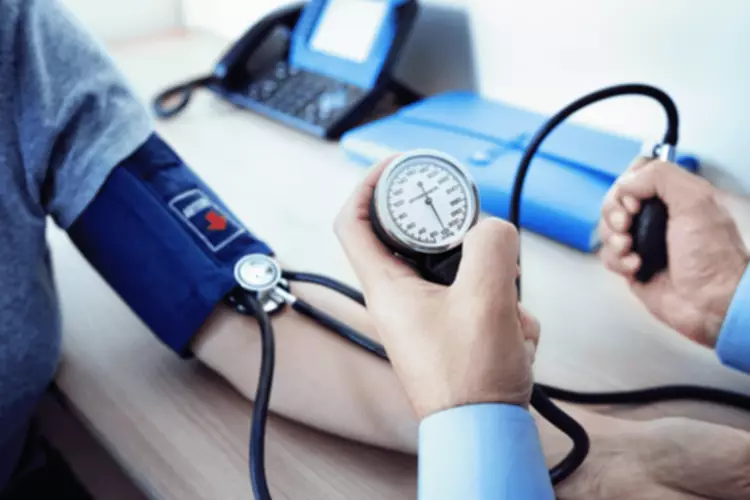
To help you stay safe on your sobriety journey, we have put together a “Quitting Alcohol Timeline” to guide you through potential complications and how to combat them. “Alcohol can disrupt the sleep cycle, leading to difficulties falling asleep and staying asleep. By giving up alcohol, you may experience improved sleep quality and duration. Better sleep what happens when you stop drinking alcohol has numerous health benefits, including enhanced cognitive function, mood regulation, and overall well-being,” explains Best. Abstaining from alcohol can lead to a decrease in blood pressure and reduced cardiovascular disease risk. A 2016 study found that those who avoid alcohol or significantly reduce their consumption can experience improved heart function.

Repair liver damage

It’s not uncommon for an alcoholic who swore never to drink in the morning to reluctantly begin taking a shot or two to ease withdrawal symptoms before work. It seems like a blur in retrospect, but luckily after reaching this point, I decided that it was time to let go of my pride and get help. So, why do alcoholics tend to escalate their drinking over time? One reason they drink more is because more alcohol is needed to fill in for GABA, which becomes ever more scarce in their brains. Additionally, more is needed to suppress glutamate, which as mentioned before, causes feelings of stress that set in a few hours after drinking sessions end. Alcohol and depression often co-occur together because alcohol can trigger depression due to its effect on serotonin levels, and depression can trigger alcohol use disorder.
Lower Cardiovascular Risks
Many people who join the abstinence movement and want to quit alcohol don’t fall within these parameters. Nevertheless, research focused on the brains of people https://ecosoberhouse.com/ recovering from alcoholism may still offer insight into what can happen whenever a person stops consuming alcohol. Your urge to drink may be so intense that you can’t think about anything else. Ask your doctor for help if you can’t ignore your desire for alcohol. Medication-assisted treatment (MAT) might be right for you. So, there are definitely benefits you might experience after giving up alcohol for two weeks.
The harmful effects of alcohol

Individuals benefit from feeling part of a community, learning coping skills from peers, and having a non-judgmental environment to share experiences. After about a month without alcohol, your cholesterol levels start to decline and fatty liver starts to resolve. This can help repair the liver and improve its ability to filter toxins. Alcohol is a known cancer-causing agent according to the US Department of Health and Human Services Report on Carcinogens. It has been particularly linked to cancers of the head and neck, esophagus, liver, breast and colon, and some studies indicate association with pancreatic Halfway house cancer and melanoma risk.
- This study shows that it has adverse effects on sleep and daytime sleepiness.
- To participate, people had to drink more than a certain amount of alcohol each week (64 grams for men, 48 grams for women).
- Additionally, she manages the Instagram page @LaurenLovesNutrition, where people can receive evidence-based nutrition tips and updates.
- As you take control of your alcohol intake and refrain from drinking, mood improvements and stress management become more manageable, leading to better overall mental health.
- We don’t have to feel awkward, we don’t have to feel anxious.

This GABA imbalance in the brain causes excessive neuronal activity or “neuronal hyperexcitability,” meaning that the brain is “overly excited,” and hence why these symptoms appear. In sobriety, people may seek out new activities like sports, hobbies, or volunteer work. Mental clarity often improves, making it easier to think, focus, and remember things.
And, emotionally, alcohol can make you not only more anxious, but more irritable, more impulsive and less inhibited — not just after a drink, but compounded over time, says Dr. Mosquera. These effects can also be exacerbated if you have a mental health diagnosis like bipolar disorder, he says. While alcohol is high in calories, and wine, beer, and mixed drinks add sugar to one’s diet, cutting it out may or may not help you lose weight depending on how much alcohol you consume regularly. While many think drinking alcohol before bed will help them nod off and stay asleep, it’s quite the opposite. While alcohol is high in calories, and wine, beer, and mixed drinks add sugar to one’s diet, Kumar said that simply cutting it out may not always help you lose weight. You will experience improved sleep, better digestion, noticeable weight loss (assuming you do not replace alcohol with terrible food), and a healthier-looking complexion.
Increases Libido
- Anecdotal evidence suggests the effects of a detox from alcohol are gradual over the entire four-week process; so there’s not a set timeline for each to kick in at one time.
- We’ll also provide guidance on navigating withdrawal symptoms and social situations and offer practical strategies for maintaining sobriety.
- There’s the fear of “never drinking again,” the intensity of cravings, agitation, sleeplessness, and a myriad of other hair-raising symptoms that make the first week feel a year.
- When alcohol is no longer part of the diet, the body’s metabolic rate can increase.
Enjoying alcohol socially in reasonable amounts can boost your mood and help you bond with others. But if you drink alone, or down multiple drinks a day, it could turn into an unhealthy habit. If you can’t control it, it may lead to a condition called alcohol use disorder.